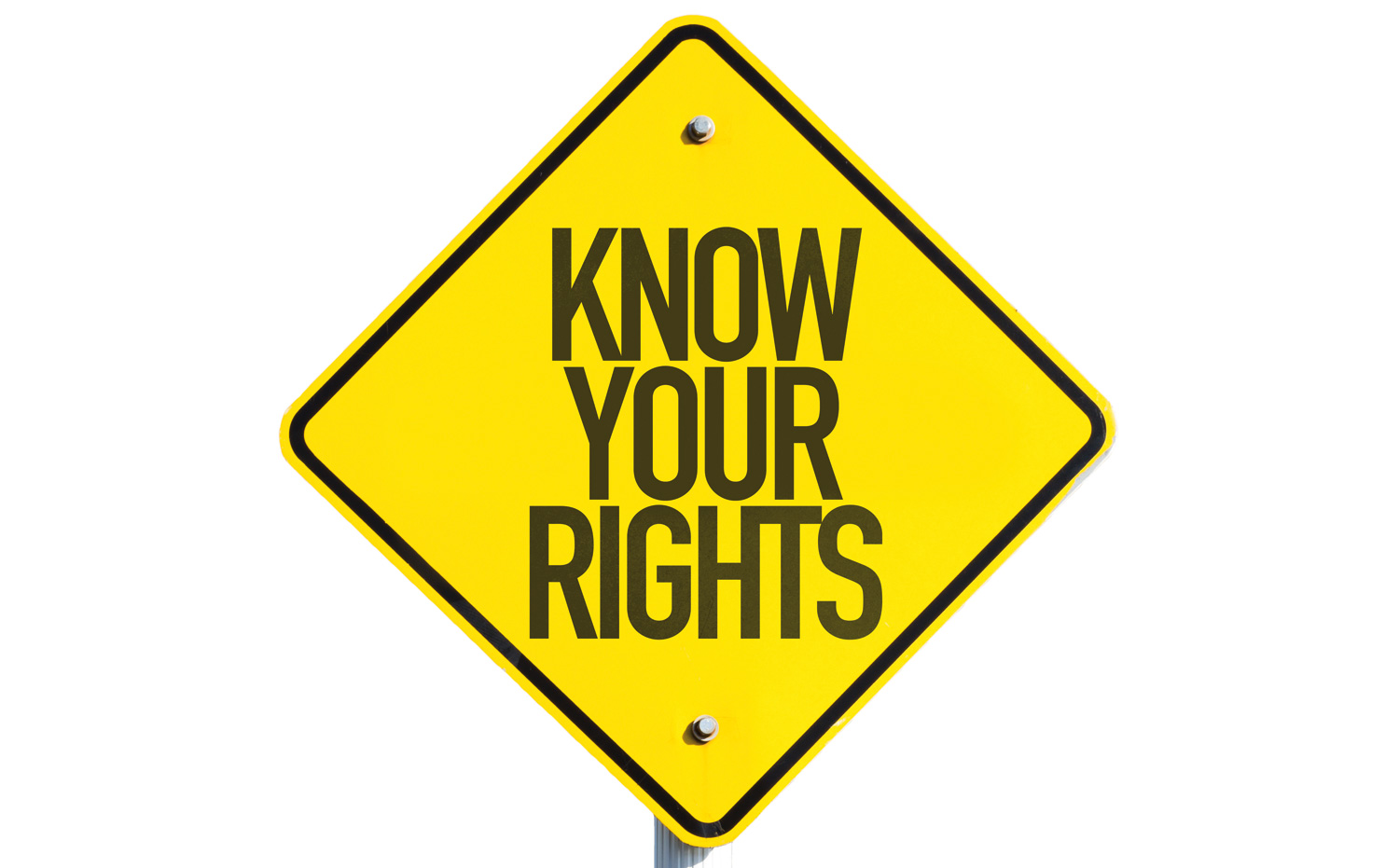

Shoppers are within their rights to report any discrepancies that may follow their purchases, regardless of whether they are made from conventional stores or online. Over the years, the process of complaining with the Public Authority for Consumer Protection (PACP) in Oman has been simplified, with toll-free numbers launched for the purpose. Apart from simplifying the complaint filing process, and extensive campaigns, many customers are still reluctant to officially air grievances to avoid legal or judicial proceedings.
“My friend recently brought a high-end passenger vehicle that gave continuous teething problems. The vehicle was taken to the dealer and who rectified once or twice, but on every return from the service centre, the vehicle would develop new technical issues and the dealer refused to replace the product,” said Rajeev (named changed) also employed in the auto servicing sector.
He added, “The result is that my friend’s vehicle is still at the authorised service centre as the technicians are not able to diagnose the faults. My friend is also still unsure and reluctant to complain.”
According to Oman’s Consumer Protection Law, consumers have the right to access to correct information on the commodities being purchased or used or the services received.
Consumers have the right to freedom of choice when selecting any commodity or service and the right to guarantee the quality of the commodity or service and to acquire the same at the declared price.
According to PACP, consumer rights extend to all types of products from groceries to toiletries, clothes, appliances and even automobiles.
“We want the law to be fair and balanced so that it is not misused by either side. Consumers are at an advantage if they are able to provide some evidence, especially the receipt,” an official told the Observer.
He added, “More consumers are approaching us, even with online transactions where they do not get to see the actual product until it is delivered. Laws have been evolved to accommodate new types of businesses.”
Sw’ad al Balushiya, a homemaker said, “Many consumers ignore hidden disclaimers provided by online retailers. I think consumers should spare time to read those conditions before clicking the Agree button.”
Priyanka Sharma bought a home appliance at a throwaway price following a promotional campaign on social media.
“The product was delivered on time and it looked similar to the ones available in some stores. But only later, I realised the product was counterfeit and substandard. It performed some functions for a limited period only.
The customer care of the company took my complaint and promised to send an employee with a replacement, but that never happened.”
The service provider (or the seller) is entitled to provide the consumer with a document or invoice that is legibly written to prove the purchase by the consumer of the commodity or the receipt by the consumer of the service and the invoice shall include the basic information for the commodity or the service as contemplated under the regulations.
The seller shall take back the commodity and refund the price thereof to the consumer or replace or repair the same free of charge in case the consumer discovered that the commodity is defective.
The regulations describe the mechanism for returning the commodity, the method for determining the value of the damage, the amount the provider shall refund to the consumer and the time interval during which the consumer is required to return the commodity to the provider.
Oman Observer is now on the WhatsApp channel. Click here



